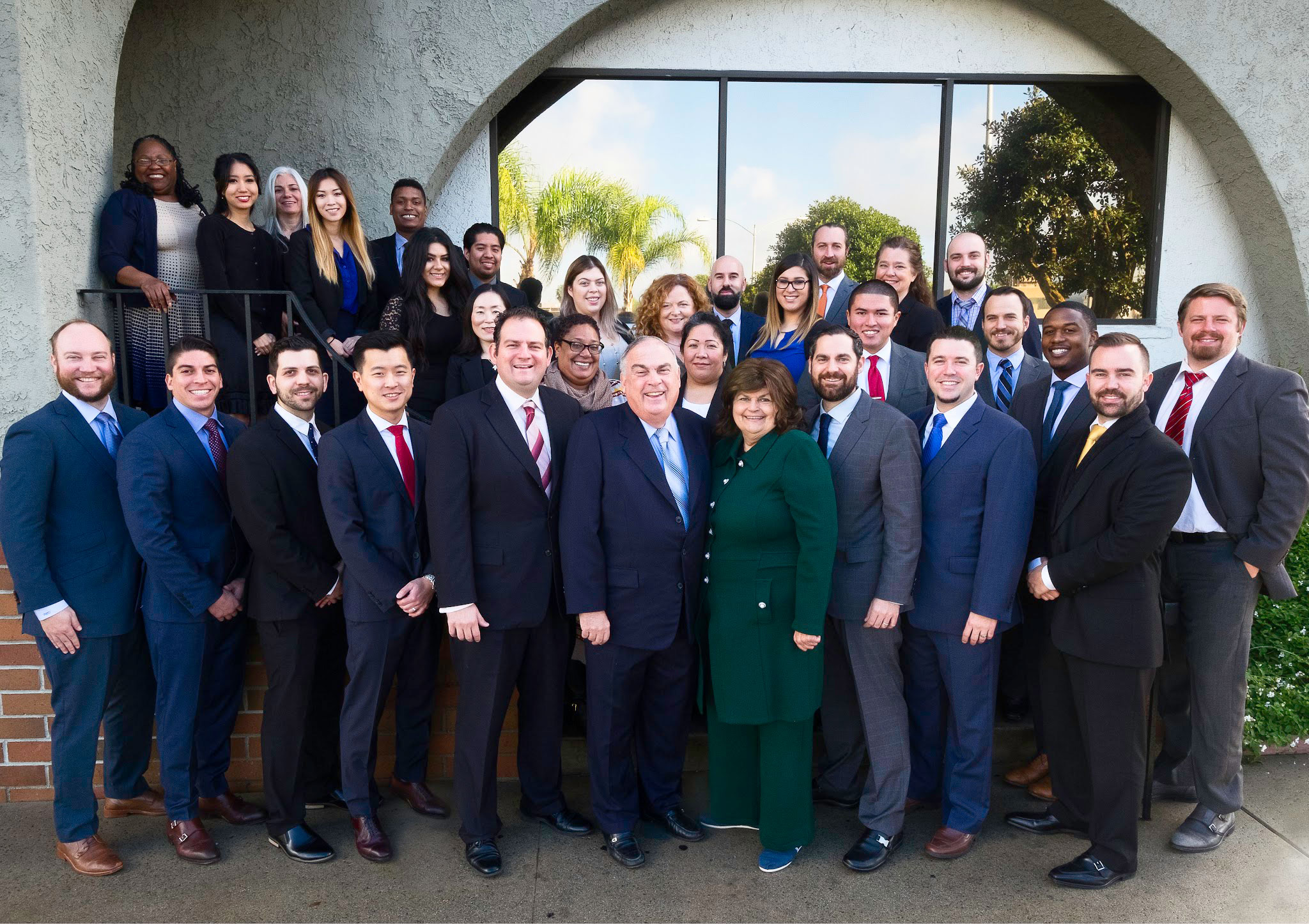Freelancing offers a world of flexibility and independence, but it also comes with unique financial responsibilities, including understanding the various tax deductions available. In this comprehensive guide, we’ll explore the realm of tax deductions specifically tailored for freelancers, providing a complete overview to help you optimize your finances and maximize savings come tax season.
- Defining Freelancer Tax Deductions:
Freelancers, whether in the realms of writing, design, consulting, or any other freelance profession, have access to a range of deductions designed to offset taxable income. Understanding these deductions is essential for freelancers looking to minimize their tax liability.
- Home Office Deductions:
If you operate your freelance business from a dedicated home office, you may be eligible for home office deductions. This includes a percentage of your rent or mortgage, utilities, and other related expenses. Meeting the IRS criteria and maintaining accurate records are crucial for claiming this deduction.
- Business Expenses and Supplies:
Freelancers can deduct various business-related expenses, including supplies, equipment, and software essential for their work. Keeping detailed records of these expenses is key to ensuring accurate deduction claims.
- Professional Memberships and Subscriptions:
Membership fees for professional organizations and subscriptions to industry-related publications are often deductible for freelancers. Staying informed and connected within your industry not only benefits your work but can also provide tax advantages.
- Education and Training Costs:
Freelancers investing in their skills through workshops, courses, or certifications may be eligible to deduct these education and training costs. Ensure that the expenses are directly related to improving your freelance business.
- Health Insurance Premiums:
Freelancers often have to manage their health insurance, and the good news is that health insurance premiums are typically deductible. Understanding the eligibility criteria and keeping proper documentation is essential for claiming this deduction.
- Retirement Contributions:
Contributing to a retirement account, such as a Simplified Employee Pension (SEP) IRA or a Solo 401(k), allows freelancers to save for the future while potentially benefiting from tax deductions. These contributions are often deductible, reducing the freelancer’s taxable income.
- Travel Expenses:
If your freelance work involves travel, certain expenses such as transportation, lodging, and meals may be deductible. Adhering to IRS guidelines and proving that the travel is directly related to your freelance business are essential for claiming these deductions.
- Tax Software and Professional Fees:
Expenses related to tax preparation software or fees paid to tax professionals can be deducted by freelancers. Keeping track of these expenses ensures accurate deduction claims and can also simplify your tax-filing process.
- Seeking Professional Advice:
Freelancers often face unique tax situations, and seeking professional tax advice is a prudent move. A tax professional with expertise in freelance taxation can provide personalized guidance based on your unique circumstances, ensuring that you navigate the tax landscape effectively.
Navigating the world of tax deductions is an integral part of financial management for freelancers. By understanding available deductions, keeping meticulous records, and leveraging tax strategies, freelancers can optimize their finances and maximize savings during tax season. Stay informed, explore the diverse deductions available, and consider professional advice to ensure a smooth and well-guided approach to managing your freelance taxes.

